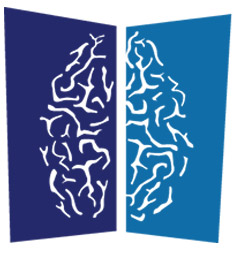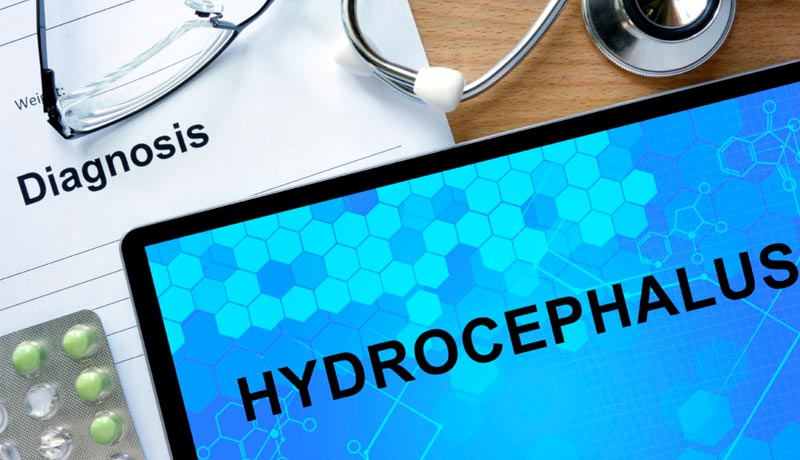With the Baby Boomer generation reaching the ranks of the elderly, there’s a new consciousness of illness and health. This is an activist generation used to having the answers. That’s why it is of particular interest for us at Advanced Neurosurgery Associates (ANA) the news about the mistaken diagnosis of dementia in the elderly when the cause of symptoms might just be normal pressure hydrocephalus.
According to an article in U.S. News & World Report Health, experts estimate that 5–10 percent of Americans diagnosed with dementia could actually have normal pressure hydrocephalus, a treatable condition. This is a condition we treat extensively in our practice and we believe increased hydrocephalus awareness will prove beneficial.
An estimated 700,000 adults are living with normal pressure hydrocephalus (NPH), a disorder involving the abnormal increase of cerebrospinal fluid (CSF) that causes the brain cavities (ventricles) to become enlarged.
Normal Pressure Hydrocephalus in the Elderly
Normal pressure hydrocephalus occurs if the regular flow of CSF throughout the brain and spinal cord is blocked in some way. This causes the ventricles to enlarge. It is referred to as ‘normal pressure’ because despite an increase of fluid, pressure does not build up in the brain tissue.
Normal pressure hydrocephalus can occur in people of any age but it is most common in the elderly, usually aged over 60 years.
Causes of Elderly Normal Pressure Hydrocephalus
NPH may result from:
- subarachnoid hemorrhage or bleeding in the brain
- head trauma or injuries
- infection and meningitis
- tumors
- complications of surgery.
However, many people develop NPH even when none of these factors are present. In these cases, the cause of the disorder is unknown.
Symptoms of Normal Pressure Hydrocephalus in Adults
Regardless of the cause, symptoms of NPH often begin slowly and progress over time.
Symptoms can include:
- Gait or walking problems (shuffling of the feet, unsteadiness)
- Slowing of mental function, such as forgetfulness, difficulty paying attention and apathy
- Impaired decision-making, organization and planning skills
- Problems controlling urine or stools (urinary or fecal incontinence), which usually appears later as the hydrocephalus progresses.
Elderly hydrocephalus patients may also experience mood or behavior changes, headaches, speech problems and difficulty focusing their eyes, which can further influence a misdiagnosis of Alzheimer’s disease.
Can Hydrocephalus Cause Dementia?
Now, it’s important to note that dementia is not a specific disease. It’s an overall term that describes a wide range of symptoms associated with a decline in memory or other thinking skills severe enough to reduce a person’s ability to perform everyday activities. Because symptoms of NPH can fall under that umbrella, the disorder is often misdiagnosed as dementia. In fact, many cases of NPH go unrecognized and are never properly treated.
The difference between dementia and NPH is that hydrocephalus is treatable. A tube, called a shunt, is placed in the brain to relieve the excess fluid.
In some cases, however, surgical treatment does not resolve memory and thinking issues, or the excess of fluid may damage brain tissue. Thus, the Alzheimer’s Society still lists NPH as a cause of a rarer type of dementia.
NPH Misdiagnosed as Dementia
As we know at ANA, doctors may use a variety of tests, including brain scans (CT and/or MRI), a spinal tap or lumbar catheter, intracranial pressure monitoring and neuropsychological tests, to help them diagnose NPH and rule out other conditions.
Yet despite the availability of surgical treatment options, according to the Hydrocephalus Association in Bethesda, Maryland, the largest private funder of hydrocephalus research in the U.S., fewer than 20 percent of people with NPH receive an appropriate diagnosis.
Experts hope groundbreaking research through the Adult Hydrocephalus Clinical Research Network will lead to new diagnostic methods and better treatments for people with NPH. The network includes multiple clinical centers across the U.S. and Canada with a central center to coordinate data. In fact, an initiative for scientific studies was launched in 2014 with a $500,000 startup grant from the Hydrocephalus Association.
With more accurate diagnostic measures and treatment plans, research suggests treating hydrocephalus in the elderly population would reduce U.S. health care expenditures by an estimated $200 million over five years, according to the Hydrocephalus Association.
Click here to read more on treatments for hydrocephalus.

ANA is a team of expert neurosurgeons and medical professionals, who combine their decades of knowledge to provide information, events, and articles on a range of neurological conditions.



